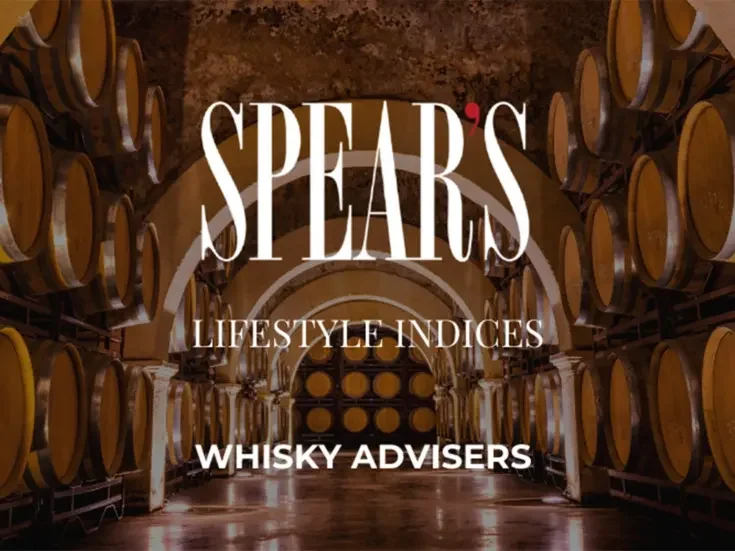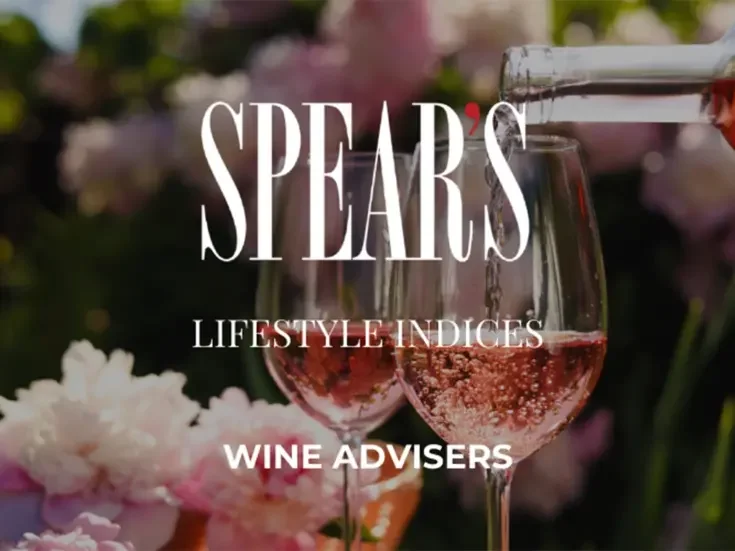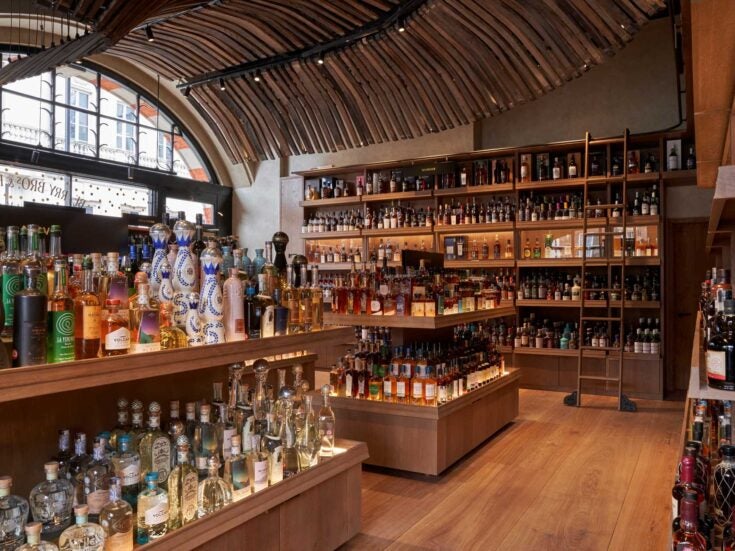
Oliver Thring on the guilty, greasy, highly visceral and entirely illegal pleasures to be had with bony, underweight French birds
THE FOUR BIRDS lie before me in a brown puddle. Each is little bigger than a golf ball, its firm breasts clasping spindly, oven-blackened legs that jab out like useless skis. ‘Go on,’ says someone. I’m suddenly aware that the rest of the table is looking at me. The lark’s legs become makeshift chopsticks: I pinch them between thumb and forefinger and lift the creature. Its surprisingly heavy carcass dribbles sauce on to the plate. The cavity that once held its neck and organs gapes before me like a darkling maw.
I bite, then bite again, and at last, with some effort, manage to tear myself a mouthful. Vertebrae split and buckle as I chew. A small shard of bone gently spears the roof of my mouth, mingling the hot, tender flesh and crunchy bones with the ferrous savour of my own blood. It’s haute cuisine, but not as we know it.
I’d received confirmation a few weeks earlier of this private dinner eating forbidden birds in a high-profile Paris restaurant. I’d thought they would be serving us ortolan, the somewhat controversial delicacy of a bunting drowned with Armagnac, roasted whole and eaten with its guts in. But ortolan numbers are declining in almost every French department and the government is putting sustained pressure on illegal poaching. Large numbers of ordinary French people are turning against the practice, and one leading French chef tells me that today ortolans are ‘almost impossible to find’ in restaurants.

Not so with other birds. Thrush, lark and woodcock are perfectly legal to eat in France, but selling them for profit is not. Since I wasn’t paying for this dinner I was committing no crime. The man who caught and flogged the birds, however, was on rather shakier ground, as was everyone else who brought them to this kitchen, at least one of whom had the pleasure of being able to promise, ‘Alouette, je te plumerai.’
This law, which allows hunters to kill certain birds with impunity while forbidding them to sell them on, is an attempt to keep populations stable. That seems perfectly logical, and stocks of thrush and lark were higher through the last decade than they were during the Nineties.
But many French people despise this legislation. One two-Michelin-starred chef calls it ‘idiotic’, pointing out that Spain, across which many of the same migratory species travel, does not impose the same restrictions. British restaurants freely serve woodcock. From a gastronomic point of view, the chef argues, reared birds such as pheasant and partridge ‘don’t have the same charm’ as migratory species. And on that point, at least, he’s absolutely right: the flesh of wild birds has a tantalising, primal taste, wrought from work and fear and the struggle to survive, miles from the bland uniformity of industrial poultry.
Moreover, the culture of French hunting, and perhaps the French character itself, means that such a law will inevitably be flouted. ‘Today,’ says Eddie Puyjalon, national secretary of the Hunting, Fishing, Nature, Tradition (CPNT) party, ‘the world of French hunting is fighting a war against the world of the ecologists’.

The CPNT was formed in 1989 as a reaction to what it perceives as the persecution of country living by the ‘ayatollahs of punitive ecology’. Many of its members — some of whom previously associated with the French far right — are working class, resentful of what they see as metropolitan attempts to control privileges enjoyed by ‘man on his land’, in Puyjalon’s words.
But the war seems one-sided: a great deal of public opinion supports the hunters. The Paris-based broadcaster and food writer Trish Deseine says that ecologists are typically seen as ‘loony and marginal’ in France. Across French society, many people respect the ancient tradition of hunting. Even the Green Party, the lobby arguing most vocally for restrictions on the practice, makes no attempt to oppose it outright.
It could never be so back home, of course. In Britain, where field sports typically remain stratified by wealth and privilege, many of those who oppose such activities are motivated by more than concern for animal welfare. There is something heartening to the way in which ordinary French people enjoy both the common patrimony of land and, when regulated, the abundance of the food it yields.
And what of that food? It’s said that the most grown-up tastes, and hence the ones of greatest gastronomic interest, teeter in a delicate balance between delicious and disgusting. That’s certainly true for the adipose offal tissue of foie gras, the puncturing fishiness of caviar and briny oysters like globules of fish snot. Perhaps a gourmet delectation for eating whole game birds develops after the second, third, fourth experience.

But there was much about this kind of eating with which I was unfamiliar and by which, at least initially, I found myself almost revolted. This was not directly a concern for cruelty. The birds had enjoyed air and sun and boundless freedom, a better lot than that endured by the shedded hens of broiler farms. Eating the bones of slaughtered animals for the flavour and texture they provide, letting nothing go to waste, seems a fuller, more respectful use of the creature. (The same argument applies to poaching a chicken carcass for stock, or for skewering translucent marrow from the roast bone of a beef leg.) All suffering is abhorrent, but these birds were likely to have suffered less than the vast majority of birds eaten in Paris that evening.
NOR WAS MY hesitation strictly legal. The spirited independence of the French, hard-won from tyranny through revolution, is an infectious thing, and I knew that the people who had caught these birds were unlikely to have been rich. The game would likely have been seized regardless: what matter if a hunter turns a few extra euros by selling a thrush or a lark he would otherwise have eaten himself?
No, what felt strange was having to unlearn a lifetime of bird-eating. This is a cosseted age in which people recoil from any reminder that the thing on their plate once flapped or sprinted, squealed or defecated: they prefer plastic insulation and sterile striplights; flesh frotted into meat. But here the shattering bones reinforced the sheer deadness of the creatures.
To avoid the bones was impossible. They’d told me it would be like eating sardines. They were wrong: these were bone-bones, bonier than a compound fracture, bonier than a dug-up grave. And for all the porcelain and silverware, the experience of eating these birds felt like a connection to the frank savagery of nature. In that challenging crunch lay predation and migration and the sound of the hunter’s footsteps on the forest floor. The birds possessed all that is strange and wonderful about France and its food, as well as the acceptance and embracing of death on which all meat depends.
Illustration by Frann Preston-Gannon








